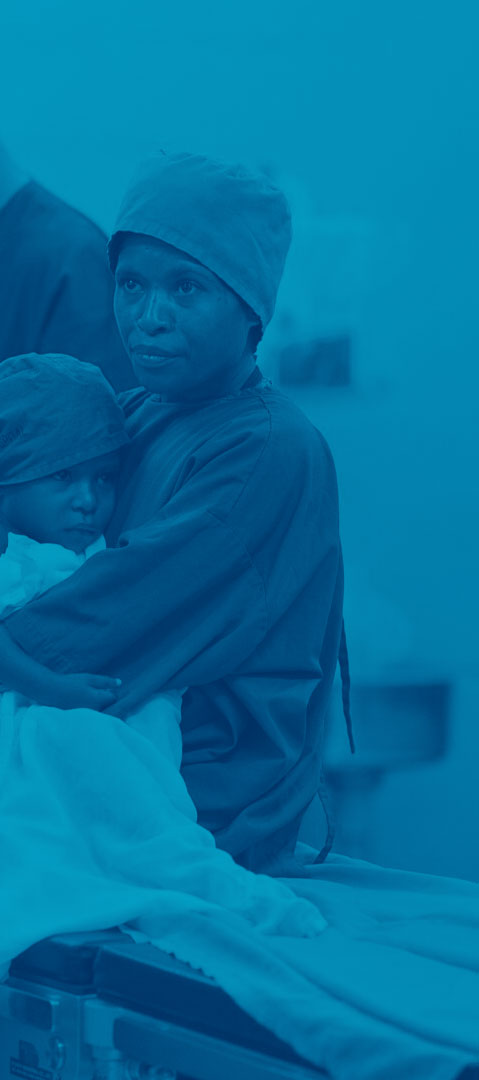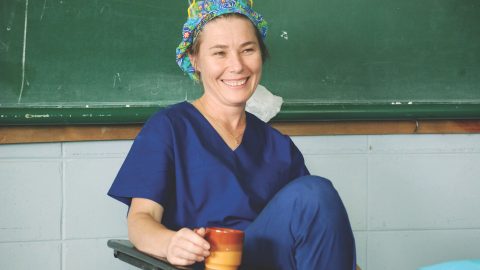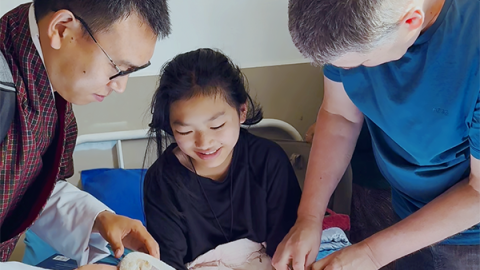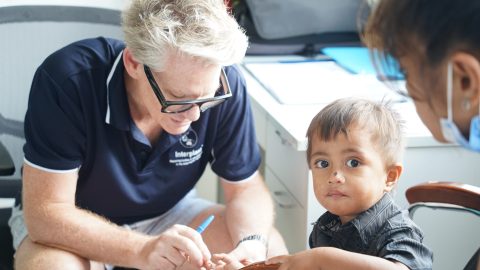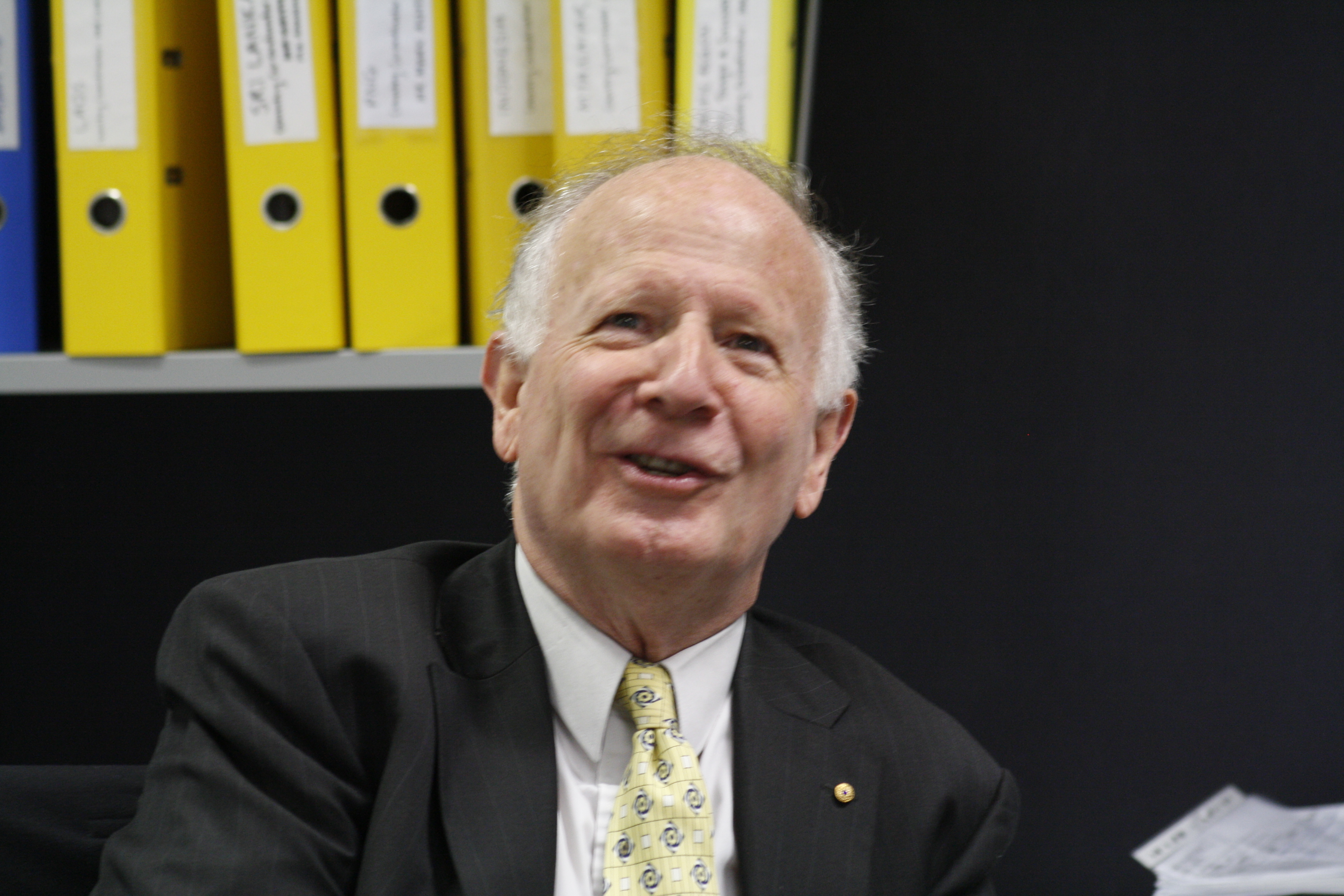
Professor Donald Marshall AM helped found Interplast in 1983. He reflects on what attracts volunteers to the organisation.
Interplast is not for everyone.
Plastic surgeons who become involved in Interplast are fundamentally more interested in reconstructive surgery. Having spent 50 years in plastic surgery, one is well aware how reconstructive surgery has great rewards, both for the patients and their treating practitioners.
One patient who sticks out in my mind was a little girl who’d had a dog bite to her nose. She was seven years old and she was very unhappy about the missing tip of her nose. I elected to perform a relatively simple operation.This required a skin and cartilage graft from the ear to replace the tip of the nose, a so called ‘free graft’.
Experience was necessary to know how big the graft could be in order to produce a successful outcome. Fortunately there was an excellent result. She wrote a beautiful card for me in her little hand saying “Dear Professor Marshall, thank you for making me me again”.
It is not only through repairing bodies that Interplast helps communities reach their potential. The organisation has always been committed to offering training to allied medical professionals, both in their own countries and by facilitating visits to Australia and New Zealand as required.
Interplast’s work changes people’s futures and the volunteers get to see the tangible difference they have made because the results of reconstructive surgery are often more immediate than those in other areas of surgery.
Deformity from congenital abnormality or injury frequently means an individual’s full potential may not be realised. Reconstructive surgery with a few instruments, but with the necessary expertise, and with the support of allied health professionals, can help such people and give them a normal life, and they then can contribute so much more to their communities.
Bangladesh provides an excellent example. I first visited Bangladesh in 1975 after the revolution, and medical services were in disarray.
There was no plastic surgeon.
At the request of the Australian Government, two other plastic surgeons and I spent a period of three months there and established a basis for training. Now we have regular visits from teams and the ancillary services, such as nursing, occupational and hand therapy, which have evolved with the passage of time.
The key to Interplast’s success is respect for our in-country partners. What we are doing is being good neighbours; going to friends, offering help, but only when invited.
One hopes ultimately there would be no need for us in our partner countries.
